If I could be like anybody, I would wish to be like Peter Duchin. The pianist and bandleader — who, each year during his prime, oversaw from his perch at the piano dozens of debutante balls and scores of society events — has always seemed to me to embody style, dignity and grace.
Arguably Duchin came by some of these qualities as a consequence of his heritage — his father was the equally famous bandleader Eddy Duchin — but it has always been obvious that he must have worked hard at them, too. He had certainly had his share of reversals: his mother, the former Marjorie Oelrichs, succumbed to complications experienced during childbirth; about thirteen years later, his father was felled by leukemia. He was raised in large part by diplomat W. Averell Harriman and his wife Marie, but even orphanhood under those grand conditions was still orphanhood. Peter himself had a stroke in 2013, one consequence of which is a lingering impairment in his left hand; and he caught Covid-19 in 2020. Both topics are dealt with frankly in his 2021 memoir, Face the Music.
Yet, through it all, Duchin has propagated the message in what has long been his signature song, “Make Someone Happy.” Note the way the title of the tune takes the form of an instruction, an edict, a strongly worded suggestion: make someone happy. Do it; get to it. He certainly has.
Growing up in suburbs of New Orleans and Columbus, Ohio, I learned of Duchin exclusively through his biography: through his brilliant first memoir, 1996’s Ghost of a Chance; his talk-show appearances with Charlie Rose and others; his cameos in movies ranging from Working Girl to Six Degrees of Separation; and his name being mentioned, as the personification of a certain type of delightful society figure, in a piece of dialogue in Whit Stillman’s Metropolitan.
Obviously, I have never heard him play with his band in person. But from what I have pieced together, I have come to feel I understand the man. He is a man who has taken lemons and made not lemonade but something far sweeter: wonderful music and good times had by all.
Duchin turned eighty-six last summer, and as he would explain to me, he still struggles with the aftereffects of his stroke — but I knew that he was too well-mannered and charming to disappoint an admirer. He did not. Right away, he put the kibosh on my references to “Mr. Duchin.” He said to call him Peter.
I began by asking him what he had been up to.
“I had a stroke a while ago, so what I’ve been doing is recovering from that, or trying to,” he said. “My left hand doesn’t work terribly well. My right hand works fine.”
Playing the piano, though, is a chore, if not an impossibility. “I can’t play the piano,” he admitted. “It really is the most — ‘disappointing’ is one word.”
I asked about what he had been through with Covid.
“I was on a respirator for about a week-and-a-half, something like that,” he said. “They didn’t really think I was going to pull through, but somehow I did — with no memory of it, at all. Then I spent a certain amount of time in the hospital, which I wrote about.” Then came the joke: “When I got out, I became a burden on everyone around me,” he said, adding: “I’m kidding.”
I started to share the impression I had of him, the one formed from media appearances and books and so on: that he had a unique capacity for absorbing tragic circumstances — including the death of his mother when he was a mere infant — and not letting them overtake him.
“I certainly have often thought of how much I’d like to have met my mother, and often thought of how weird it would be that, if I were walking in the street and she passed me, I wouldn’t know it was her, and she wouldn’t know it was me,” he said. “But no, I don’t think of myself as a tragic case, because I see no reason to do that. I don’t see anything positive that could come out of that.”
He possessed a unique gift for finding moments of fun and frivolity, evidenced by the origins of his career in music.
“When I went to prep school, the head of the jazz band called me and said, ‘Peter, we’d like you to play with the band,’” he recalled. “I said, ‘God, I don’t play well enough, and I don’t think I’d be interested.’ He said, ‘Well, actually, we’re going to Miss Porter’s School,’ which is a girls’ school. ‘We’re playing there next weekend.’ And the weekend after that, they were playing at another girls’ school. So I said, ‘Well, count me in.’”
I noted that he had made his life’s work making music for occasions that were generally regarded as happy: parties and balls and such. And I reminded him of something he wrote in Face the Music: that the sort of rich people he often played for simply did not have rhythm. “With the advent of rock and roll, and when we started playing a lot of rock and roll, I found they had more rhythm,” he elaborated.
I asked if he himself liked rock and roll. “To tell you honestly, I like any good music,” he said. “I mean, people who are now terribly famous and doing extremely well, I don’t really think of as musicians — I mean, Taylor Swift and all that. Great performers, certainly.”
Did he see himself as helping keep alive the Great American Songbook? “Well, I didn’t see that as part of the job until that became part of the job,” he said. “In other words, there was a lot of focus on the American Songbook maybe thirty years ago, because bandleaders would say, ‘We’re playing the American Songbook.’ I played it, but I didn’t think about it. I didn’t really think of it as keeping it alive. It was the music I really liked, and I knew the audience liked.”
The audience’s feelings, after all, were what counted most. Not that Duchin is a Pollyanna. He told me he had seen wonderful people dance by but also less than wonderful people.
“Some people dance by and swing their left arm up and down as they’re dancing,” he explained. “I played once, and a guy swung his left arm up — he was dancing foolishly — and he hit President [George H.W.] Bush on the jaw. The guy said, ‘Oh, shit! I hit President Bush.’ President Bush said, ‘That’s all right, son.’ He was a very classy guy.”
I asked what he missed about our nation’s long-vanished era of elegance. “Manners, I kind of miss,” he said. “The elegance — I guess I miss that. It’s kind of a shame. I mean, you can take an airplane, and there will be somebody in sweatpants.”
But, he cautioned, the world faces graver issues than the disappearance of widely accepted standards of dress. “Now, we have such immediate terrible problems: climate, war, et cetera,” he said. “Listen to the news or look at the newspapers today. It’s really, really amazingly dour.”
After a few minutes of this sort of talk, I decided to cheer him up by mentioning that Turner Classic Movies had recently shown George Roy Hill’s delightful comedy of a pair of schoolgirls who run riot through Manhattan, 1964’s The World of Henry Orient. Among others, the film starred Peter Sellers, Angela Lansbury and — in a cameo — a young Peter Duchin.
“What I remember is I got very friendly with Angela Lansbury, who is really an extraordinary and wonderful woman,” he told me. “Whenever I saw her at a restaurant in New York or something, I’d go over and say, ‘Hey baby — what are you doing later?’ She was just fabulous. I talked to her a great deal, because one of the things about moviemaking is sitting around and doing nothing.”
I mentioned how I had taken some comfort in his memoir about his mother, whom he had essentially never met, because I had lost my own in September. Of course, I had been blessed to have had my mother for all of my forty years, but nonetheless I connected with his longing for his dearly departed parent.
“I found it very helpful to sort of collect everything that I knew about her, and to try to put it on paper,” he said. “I think you would, too, you know? I can’t say it was therapeutic, but it was very helpful and joyous.”
At the end, he asked where I was calling from, and when I said Columbus, Ohio, he said he had played there on a few occasions. He remembered a function at the art museum. “I live in New York,” he said, just as we were about to hang up, “and if you ever get there, give me a ring and I’ll take you to lunch.” Peter Duchin is the classiest of class acts.



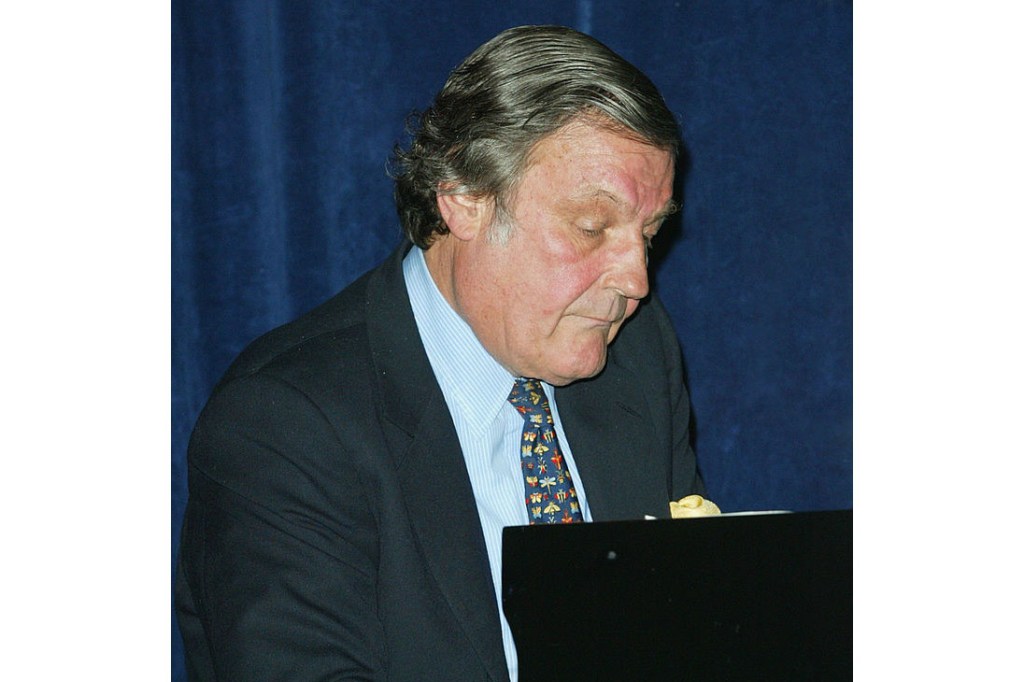






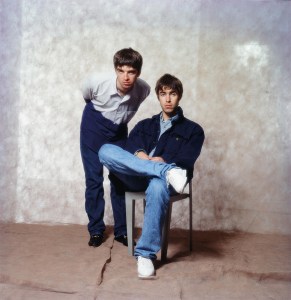




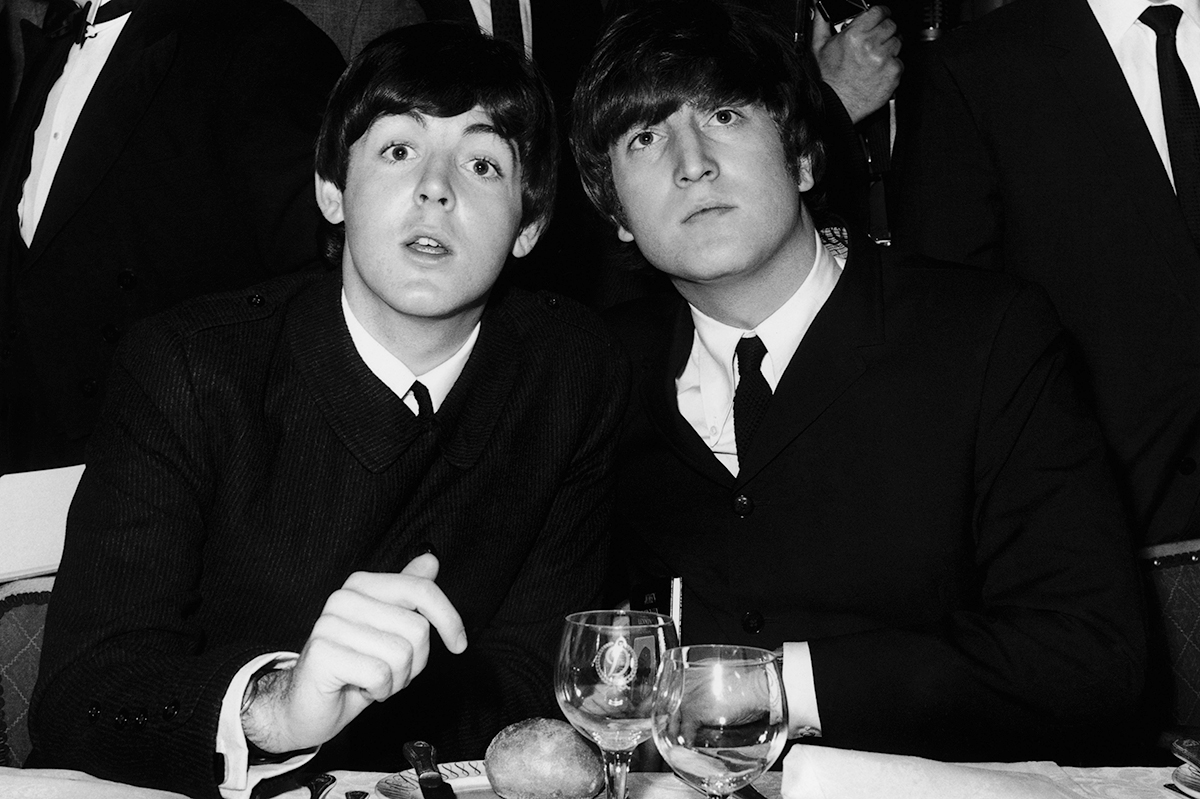
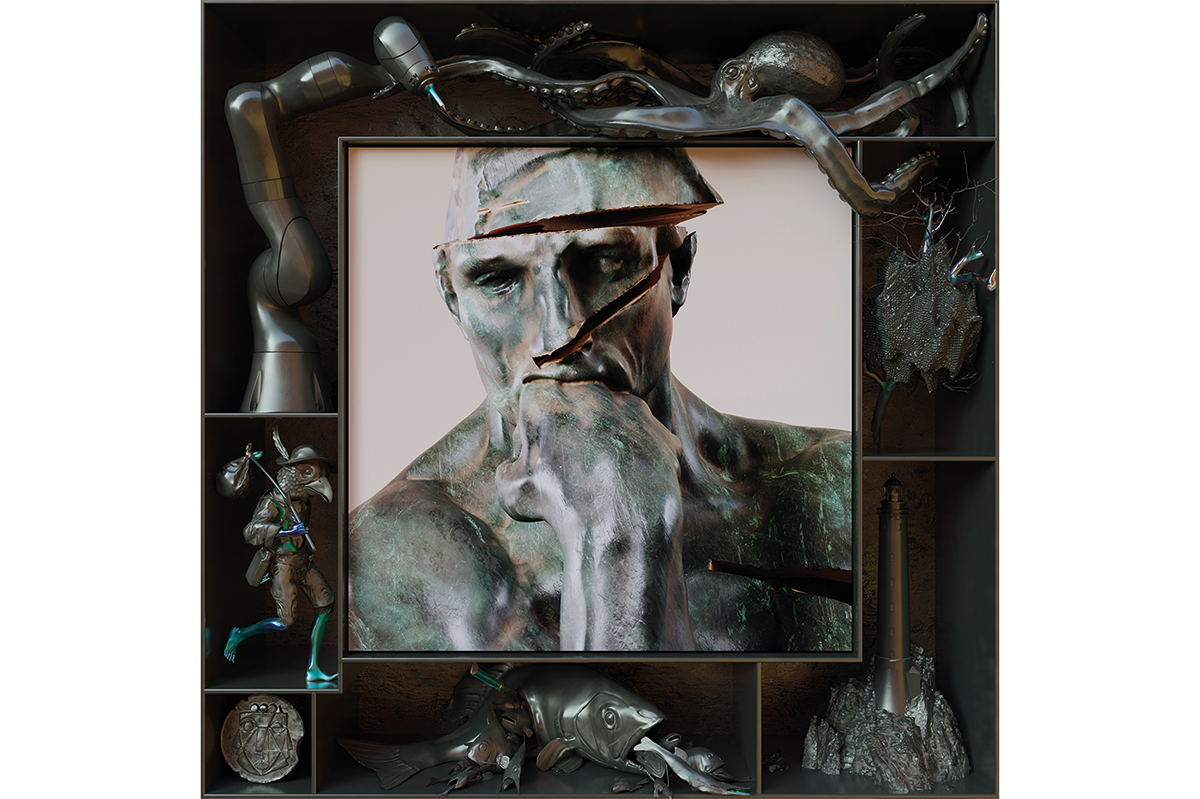

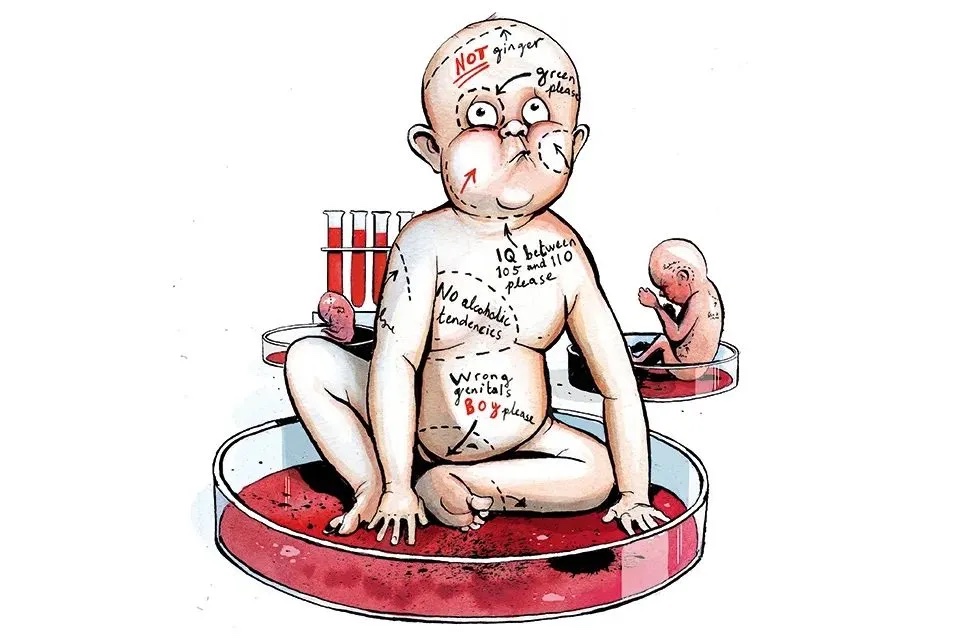







Leave a Reply